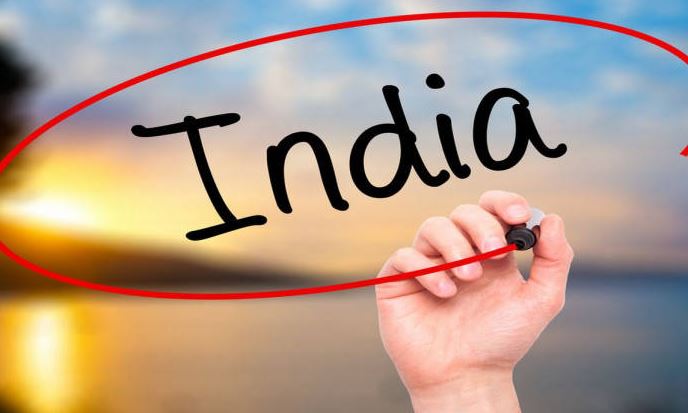New Delhi: India is well placed to benefit from geopolitical and economic trends that are driving the diversification of Asia’s manufacturing supply chain, and it is also the country’s “manufacturing moment”, according to The Economist Group.
While emphasising that India has a strong growth story, Upasana Dutt, Head of India at The Economist Group, also said that policy reforms are making it easier to do business in the country.
India is the world’s fastest-growing major economy and clocked a growth of 7.8 per cent in the June quarter. The government has also come out with various initiatives, including Production Linked Incentive (PLI) schemes to boost domestic manufacturing activities in different sectors.
Last month, Economist Impact, which is an official network partner to the B20, hosted a forum in the national capital on ‘Navigating new globalisation, innovation for progress’.
Economist Impact is a division of The Economist Group. It works with various partners, including major multinationals, multilateral institutions and private foundations, to examine some of the world’s most pressing issues.
Economist Impact uses a range of methodologies to conduct original research, which powers fresh content to inform and engage target audiences.
In a recent interaction before the G20 Summit, Upasana Dutt said India is emerging to take a stronger position on the global stage.
“This transformative development signifies a departure from convention; it endows us with the opportunity to exert substantial influence over global discourse,” she said and added that supply chain restructuring and global investment in resources that are critical to future industries as well as the green transition will create opportunities for countries like India.
About India, she said it is the country’s “manufacturing moment”.
“India is well placed to benefit from geopolitical and economic trends that are driving the diversification of Asia’s manufacturing supply chain. A strong, stable economy and access to a large labour supply will form the basis of its appeal to investors,” she told PTI.
There have been supply chain disruptions in the wake of the Coronavirus pandemic and the Russia-Ukraine war.
“Geopolitical risk will encourage firms to rethink their approaches to their supply chains and target markets. Derisking from China will mean that other markets will claim higher shares of global capital allocation. India can be an alternate channel to China as businesses think about their China+1 strategy,” she said.
The Economist Intelligence Unit (EIU) has predicted major improvements in various areas, such as infrastructure, taxation and trade regulation, which will reduce risks associated with manufacturing investment in the country.
“Policy reforms are making it easier to do business in India… In general, the rising economic weight of emerging markets points to a shift in global power; even as the US retains its influence, other developing economies will be seen as having a bigger role, including India,” she pointed out.
At the same time, she said, stiff competition from peer emerging markets, especially in Southeast Asia, will make India’s journey to becoming a major manufacturing power a long one.
“India has a strong growth story. We expect growth rates to hover around 6 per cent. This decade will gain from investments. Also, we expect a number of policy-related issues to ease over this period, particularly those related to taxation, infrastructure and so forth,” she said.
The Economist Group has evolved into a staunchly independent global media and information services company with intelligent brands for an international audience, as per its website.
PTI
